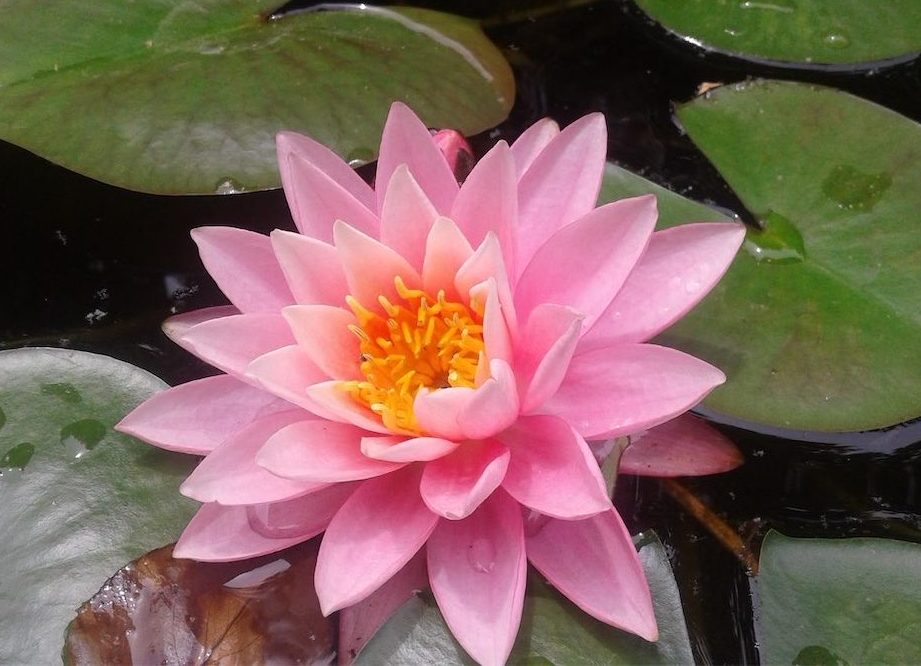
Water lily in flower… they grow well in Canberra, and most can withstand our frosts. Photo: Jackie Warburton
Saltwater or chlorinated? Swimming pool water makes difference to what can be planted around the pool, says gardening writer JACKIE WARBURTON.
WHEN thinking about planting beside a swimming pool there are many decisions to make before heading to the nursery.

Start with a good choice of planting that can withstand the microclimate that you are creating, look at how easy the garden will be to maintain and what looks good all year round.
Having saltwater or chlorinated pools can change the choices of plants to those that will withstand the splashing. Heated pools can also increase the humidity around the plants and, on hot days, the heat reflection off paving and the water can impact the plants as well. Choosing the right plant to grow and thrive in this environment, with lighting is an art in itself.
Saltwater pools cope better with coastal plants such as westringias, banksias, olives and rosemary, for example, whereas chlorinated pools cope better with plants that have thick leaves such as cycad, succulents, cordylines, mondo grass, Indian hawthorns, oleanders and ornamental grasses.
Water lilies (Nymphaea) in ponds and water bowls grow well in Canberra, and most can withstand our frosts because of dormancy and grow in the warmer months. Lotus (nelumbo sp) would be a challenge as it is more of a tropical plant. Water lilies are distinctly different and can be identified with the cut in the leaf and flowers that float on the surface of the water, whereas Lotus flowers are above the water.
These varieties are both available in dwarf form for smaller ponds and water bowl gardens. Some miniature varieties only need as little as 300mm of water to grow successfully where other varieties need depths of half a metre or more.
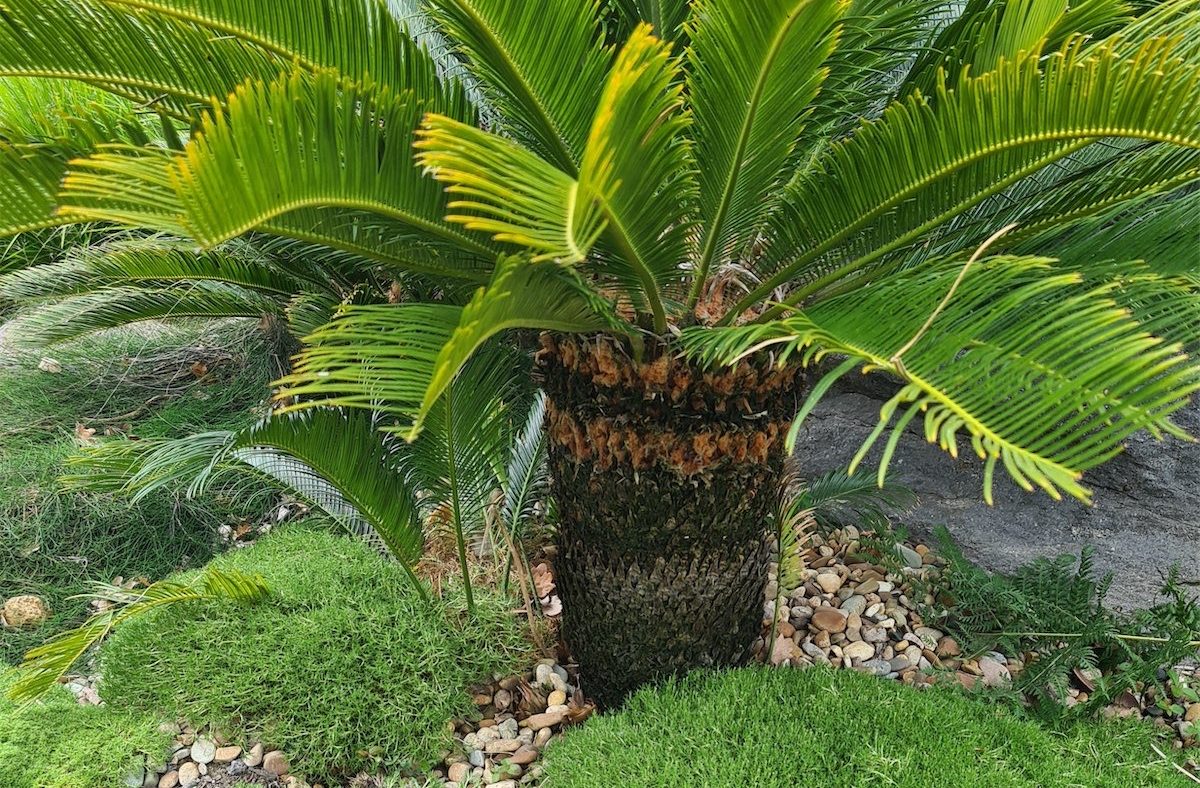
VERY little hard pruning should be done in January and February to protect plants from scorching in the hot weather.
Keeping water up to established gardens and deadheading should be all we need to do in the hot months, but jobs in the garden will continue.
There is still a lot of moisture in the soil and weeds are growing fast, but they’re easier to pull out, roots and all. Weeds generally grow in exposed soil and barren areas. Mulching the garden will keep weeds under control. If there are weeds between the paving, boil the kettle and pour hot water over them. They should be gone in a few days, but repeat if needed.
SOWING of winter root vegetables can still be done as they are the longest growers in the ground and will be ready winter/spring. Make sure the soil is not too rich with manure, and soft and friable.
Mechanical shade tents or umbrellas over plants can make a big difference to sun-scorched vegetables. They can be made of an old sheet or lightweight material that does not come into contact with the plant. The structure doesn’t have to be pretty but practical.
WATERING in the early part of the day before the sun reaches the plants will ensure they are fully hydrated. If there is water lacking in the leaves then there will be scorch marks in the centre of the leaf and most plants will wilt trying to conserve water. In most cases the tips of the leaves will be brown as well.
ORANGE bug, which will be on all types of citrus, including native citrus, are sap suckers and damage leaves and fruit. They are also called stink bugs and if disturbed omit a spray of odour that can sting if it comes into contact with skin or eyes. They change colour as they grow, young nymphs hatch eggs and change from pink to orange and black when fully grown.
Prevention is better than a cure. Spray late winter, early spring when eggs are young and the temperature is not too hot for any horticultural oils such as neem oil all over the tree.
If the citrus tree is small, hand pick the bugs and place in a bucket of soapy water.
Jackwar@home.netspeed.com.au
Who can be trusted?
In a world of spin and confusion, there’s never been a more important time to support independent journalism in Canberra.
If you trust our work online and want to enforce the power of independent voices, I invite you to make a small contribution.
Every dollar of support is invested back into our journalism to help keep citynews.com.au strong and free.
Thank you,
Ian Meikle, editor

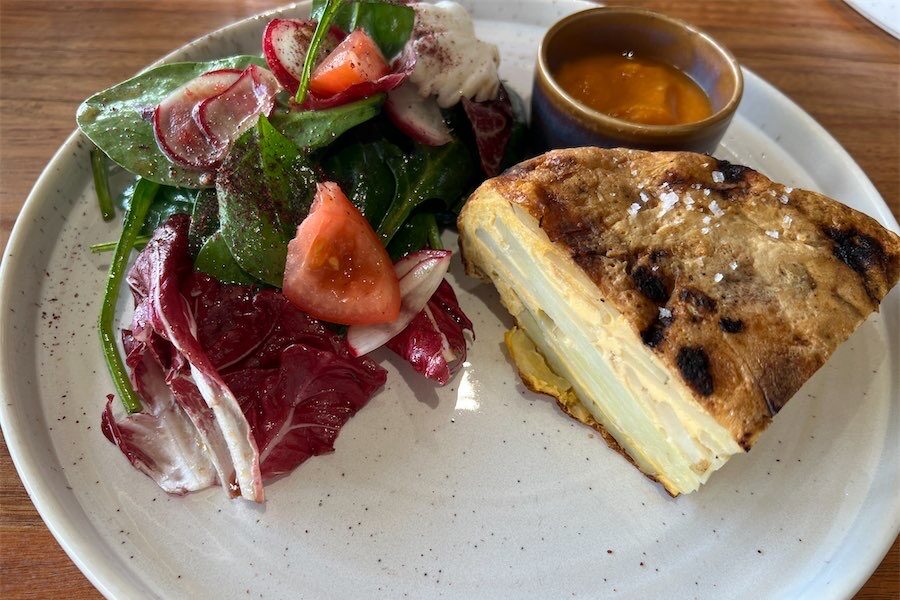
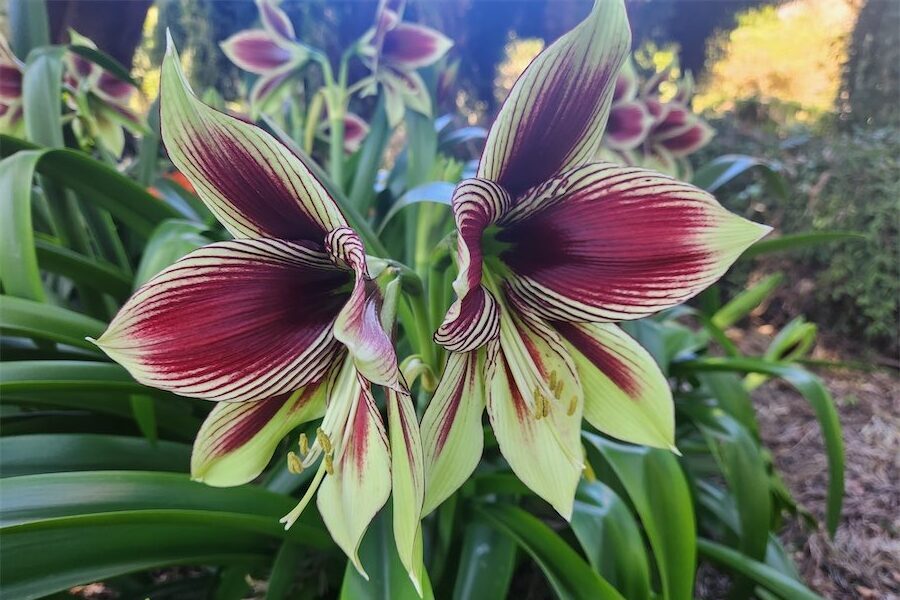
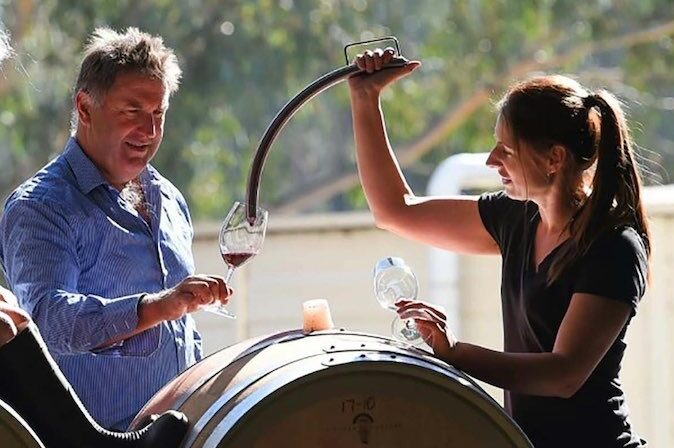

Leave a Reply